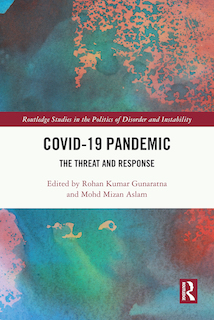Space Bonhomie: China Launches Satellite For Pakistan
On May 30, 2024, China successfully deployed a communications satellite destined for Pakistan. The PakSat MM1, a versatile communication satellite, was launched atop a Long March 3 B rocket from the Xichang Satellite Launch Center in Southwest China's Sichuan province. The satellite is positioned in a geosynchronous orbit and is slated to commence operations by August 2024.





